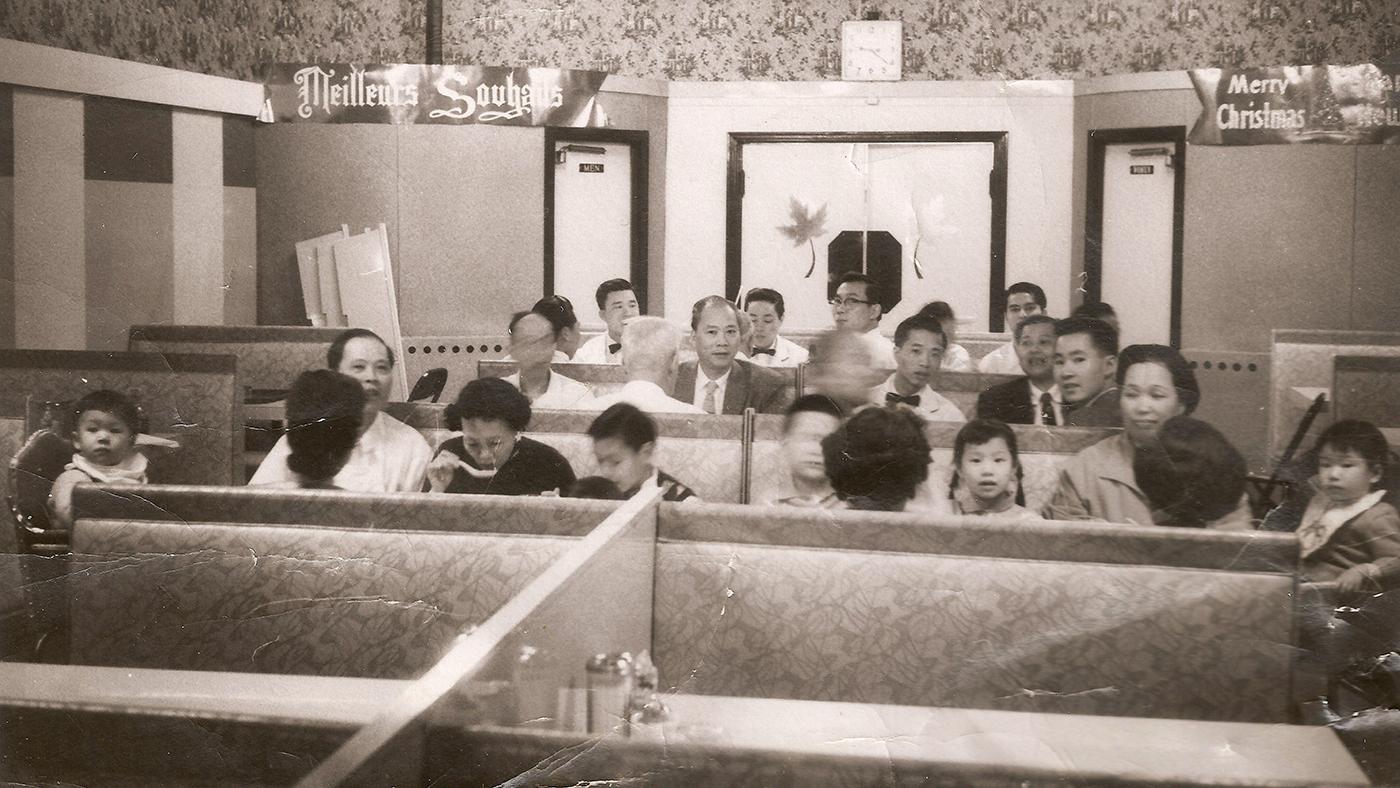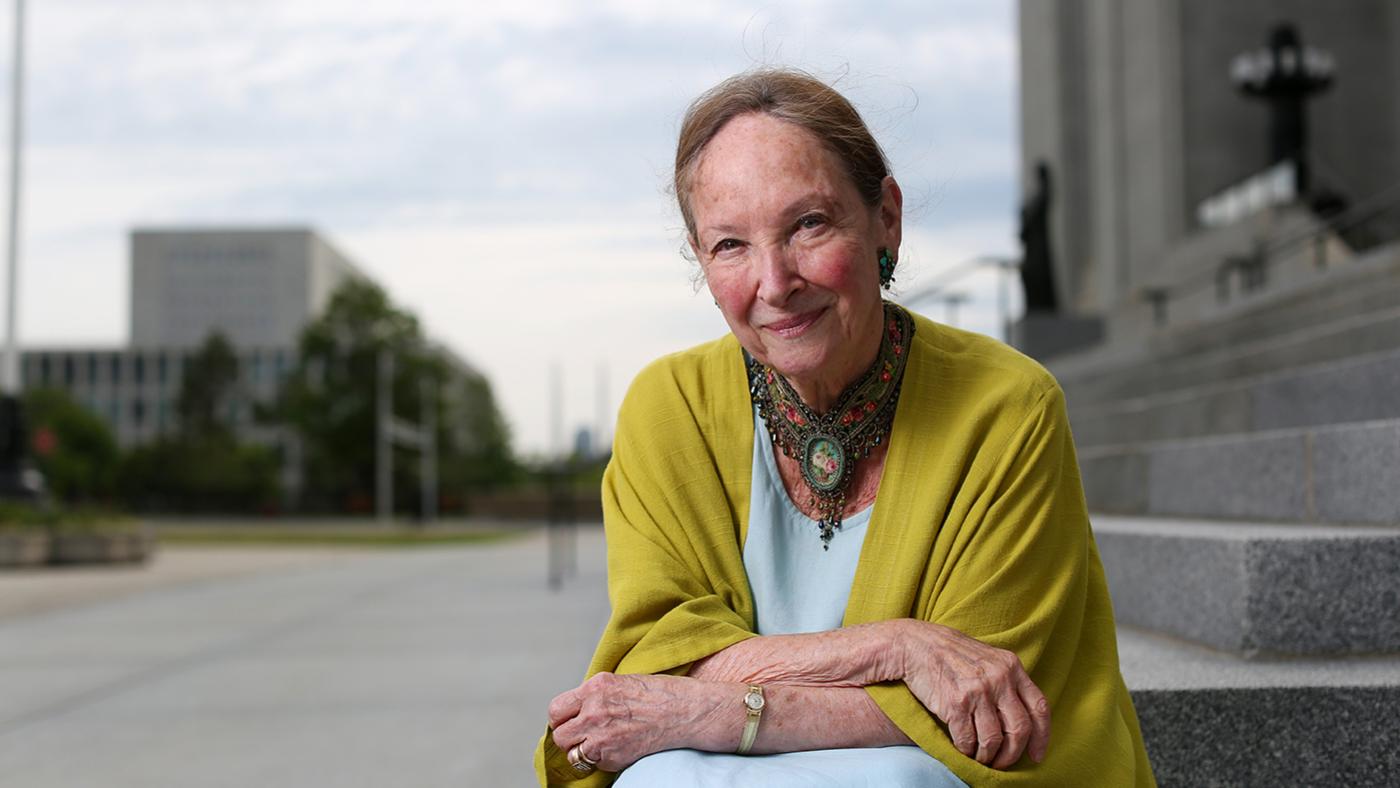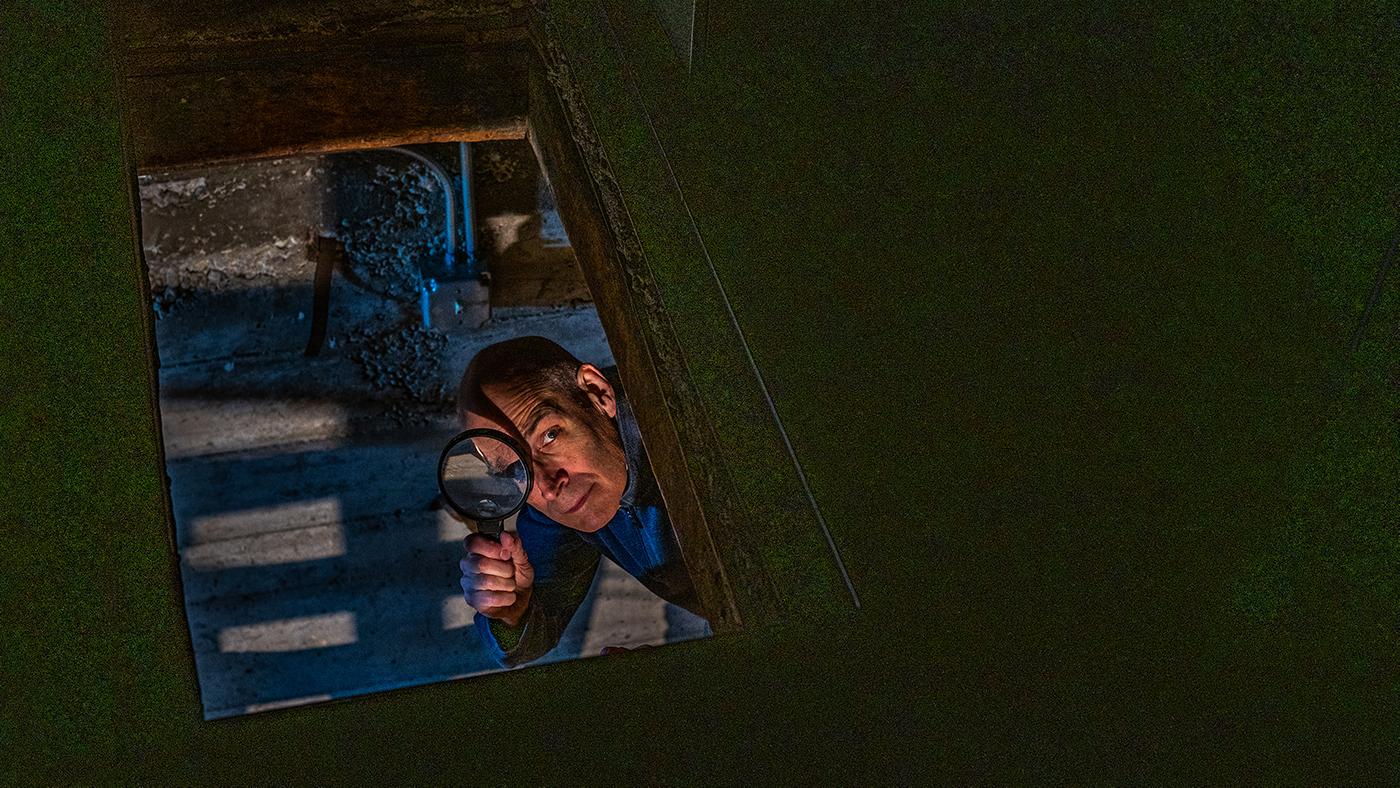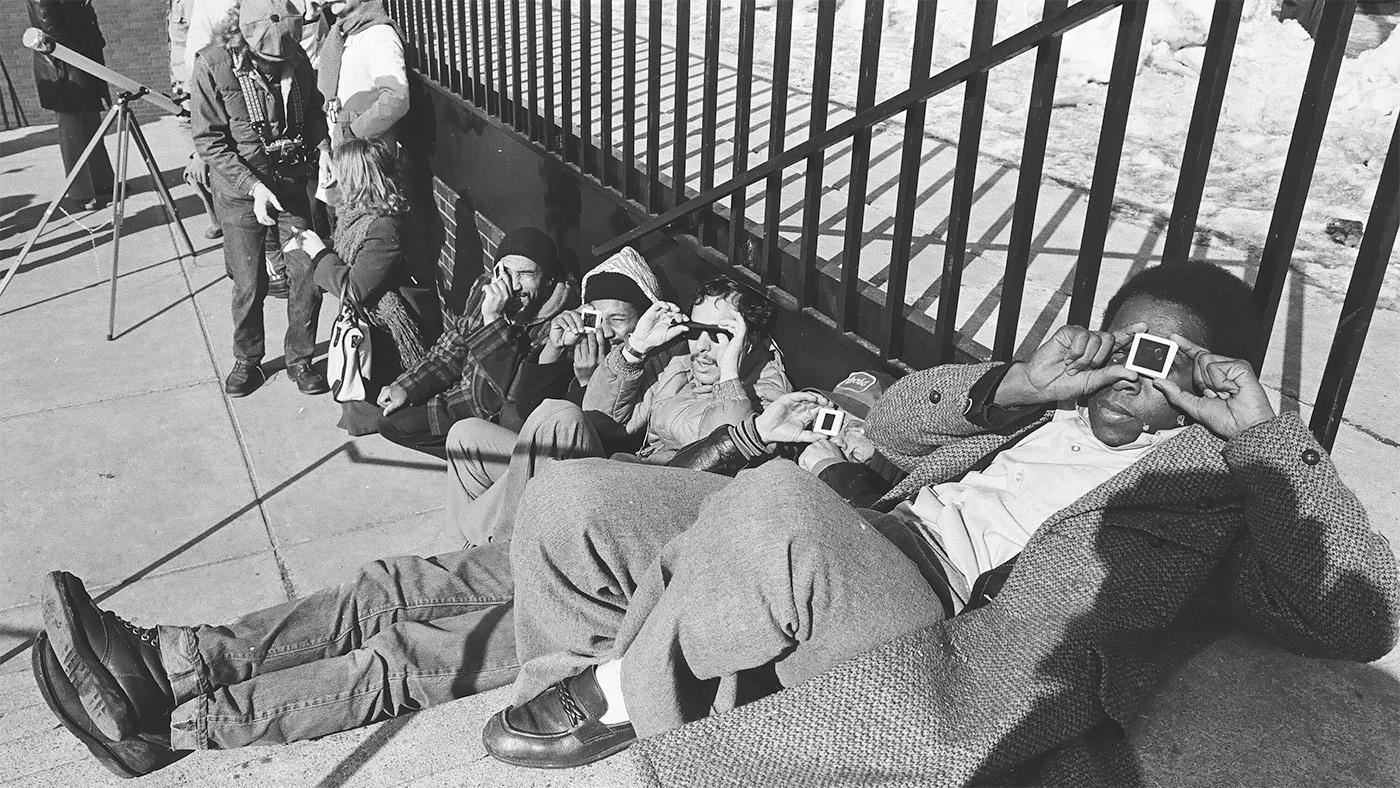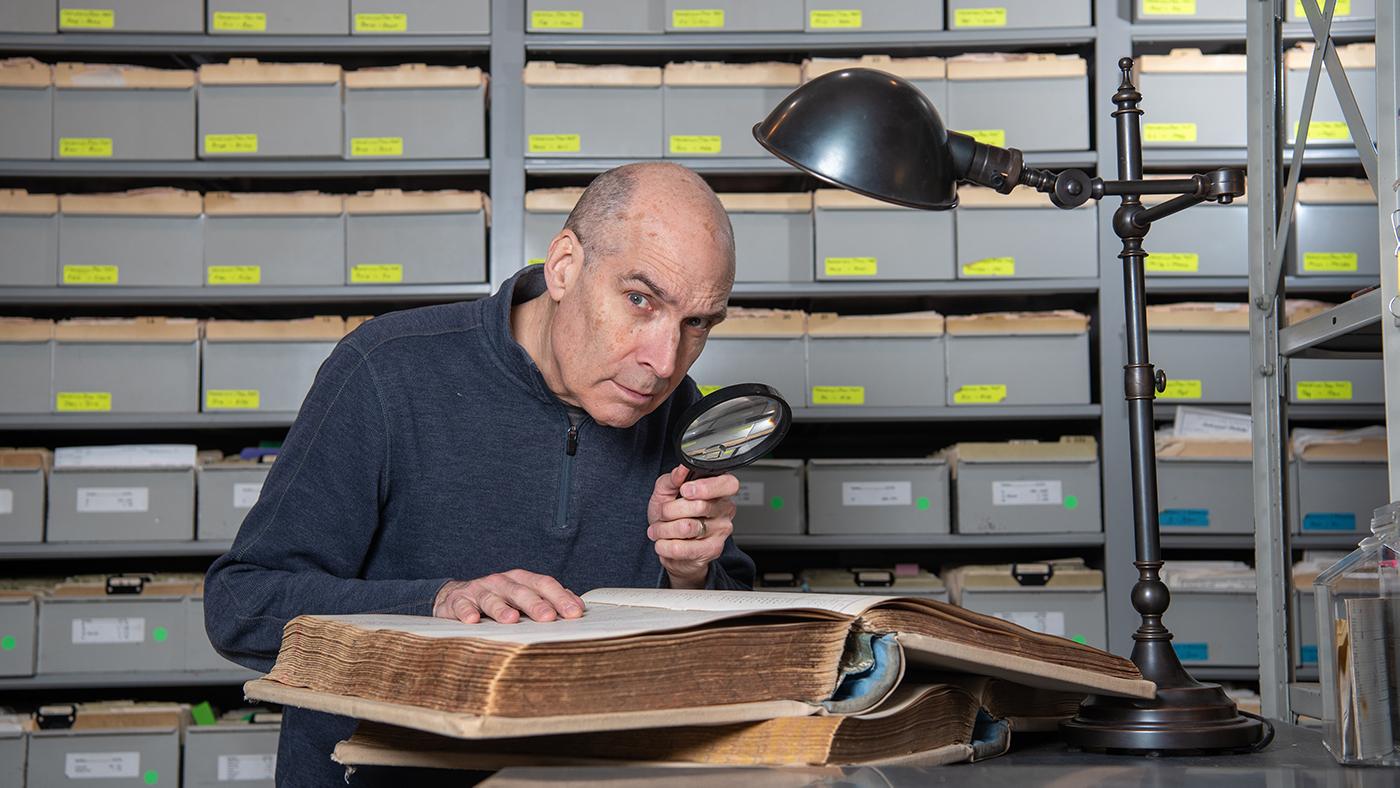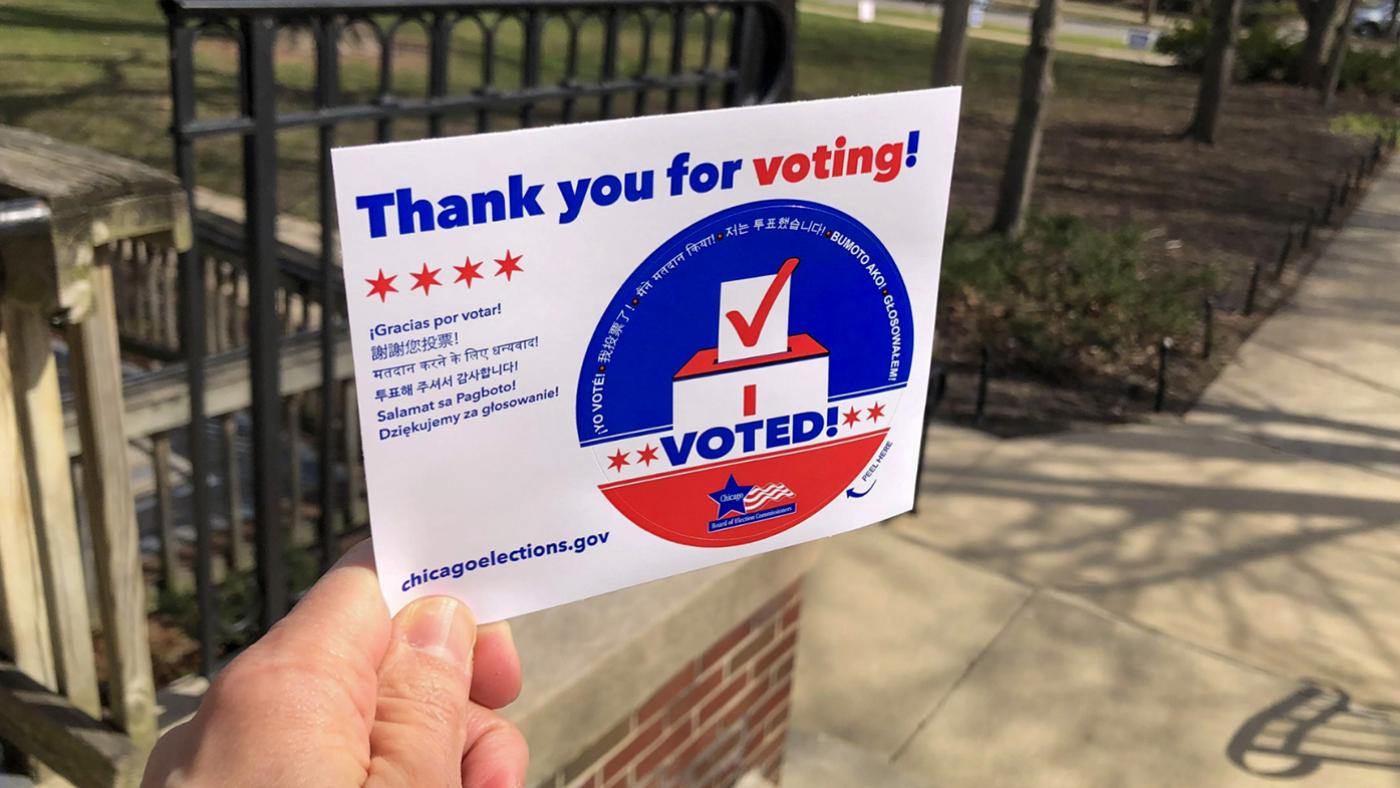A New Documentary Digs into the Mental Health Struggles of Farmers
Daniel Hautzinger
March 22, 2024
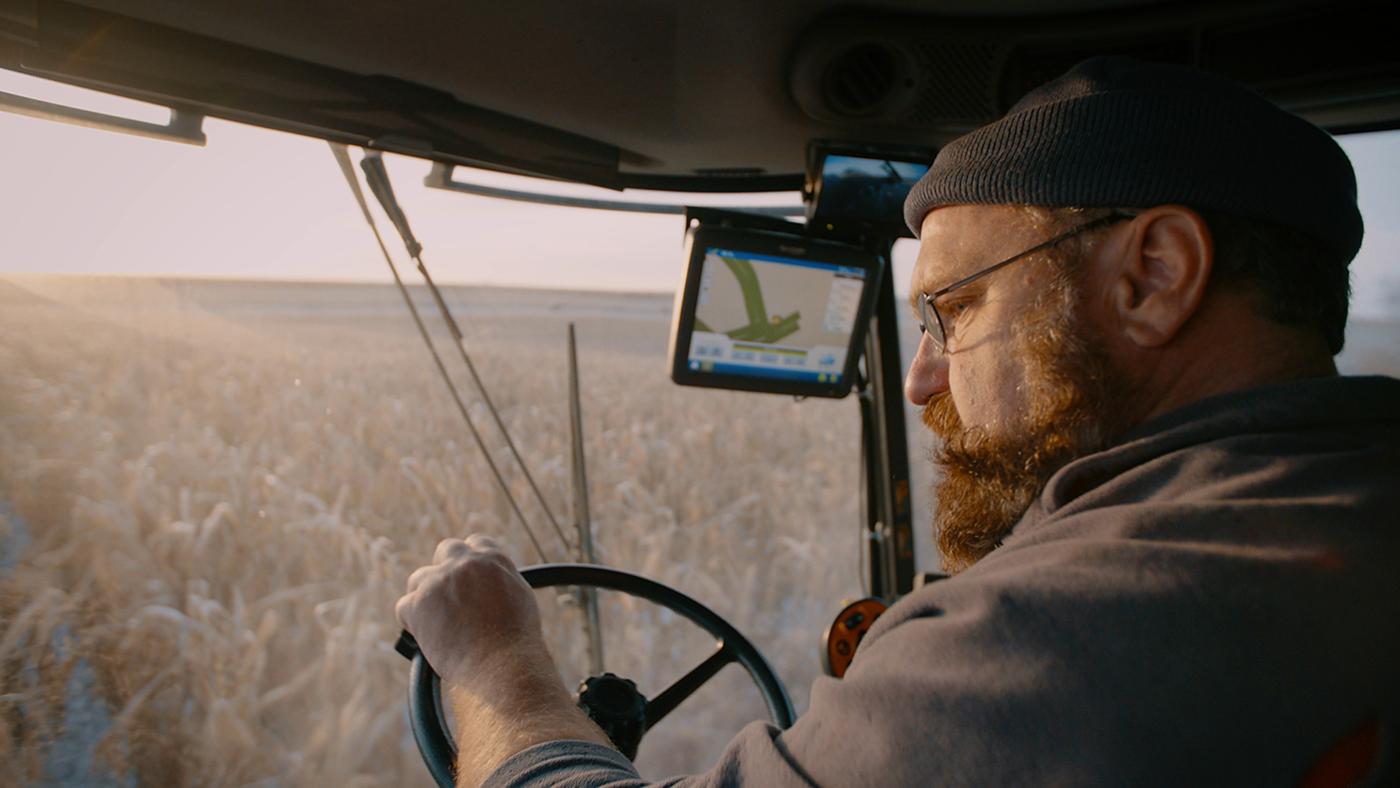
Independent Lens: Greener Pastures is available to stream via the PBS app beginning, Monday, March 25, and airs on WTTW on Sunday, March 31 at 2:00 pm.
This piece discusses suicide and suicidal feelings. If you’re thinking about suicide, are worried about a friend or loved one, or would like emotional support, the 988 Lifeline network is available 24/7 across the United States.
When the bills pile up, as they tend to do on Juliette Albrecht’s farm in central Minnesota, she is forced to sell some of the dairy cows that are not just her livelihood but also like members of her family. She knows her cows’ different temperaments and idiosyncrasies, and takes pride and joy in showing them at agricultural fairs for awards. But bills are relentless and unforgiving, and the price Albrecht is getting for milk is the same as it was twenty years ago, she says.
Albrecht was at least able to keep some of her cows. Jay Simeral, a fellow subject of the Independent Lens documentary Greener Pastures, has to sell off all the dairy cows on his farm in eastern Ohio, land which was deeded to his family by Thomas Jefferson generations ago, before declaring bankruptcy around the same time that rising rents close his wife Melissa’s cake shop.
Greener Pastures illuminates the challenges facing farmers like Albrecht and Simeral and the mental health issues that can result. In 2018, the Centers for Disease Control and Prevention reported that farmers have the highest rate of suicide among any profession by more than 30 percent. Albrecht considered suicide once, as she admits to her Alcoholics Anonymous sponsor in the film.
It was an NPR story about that shocking statistic that led Indiana native Samuel-Ali Mirpoorian, the director and producer of Greener Pastures, to begin documenting mental health amongst farmers in the Midwest. For four years, he followed Albrecht, Simeral, northern Iowa’s Chris Petersen, and southern Wisconsin’s Jeff Ditzenberger with a camera; in that time, according to the film, 20,000 family farms closed in the U.S.
“I love agriculture,” says Ditzenberger, who farms corn and soybeans during the duration of the film. “But I like being able to go home and not have to worry about cattle, not have to worry about frozen waters, not have to worry about broken pipes, not have to make repairs.” A personable sixth-generation farmer who dresses up as Santa for his town at Christmas and participates in community theater, he now works for an online auction company instead of in the fields. His kids have jobs at an agricultural store and in accounting. “The job that I’m with pays more than farming, has time off, has benefits,” he says. “Farming is a 24-hour-day, seven-day-a-week, 365-day-a-year thing.”
But he’s still intimately connected to plenty of people in agriculture, as a mental health advocate and the founder of TUGS (Talking, Understanding, Growing, Supporting). The group hosts talks like “It’s OK to not be OK” and connects farmers with partners versed in agriculture. Farmers can call upon those partners for support, or even just to vent about their struggles. . “I will help people, if people call me and they’re suicidal or they’re having bad thoughts,” says Ditzenberger, who is a licensed and certified peer specialist and mental health coach. But TUGS “is more about finding that person who is going to help you through a crisis but also tell you sometime, ‘Hey dude, you need to take your own accountability on your actions or your choices.’”
Ditzenberger attempted suicide a year after he got out of the military. TUGS is meant to take on the stigma around talking about mental health, and has connected Ditzenberger to farmers across not just the country but the globe. “There’s so much of a stigma out there that you can’t have a bad day, you’re just supposed to suck it up and grab your bootstraps and all this other B.S. that people put out there,” he says. But, “it’s okay to have a bad day. It’s okay to talk to somebody about it. It’s okay to listen to somebody about it.”
The stigma is strong, however, as Mirpoorian found while researching his film and looking for subjects. “It was like finding a needle in a haystack,” he says, “trying to find farmers that are going to talk about mental health and suicide.”
“Farming is hard,” Ditzenberger says. Non-farmers “talk about how, ‘Well, you guys have all these fancy machines and stuff.’ All we’re doing is producing for more people on less land and with more regulations.” Agriculture depends on factors beyond one’s control, like commodity prices or the weather in a world increasingly affected by climate change, but Ditzenberger says farmers – especially those taking over a family business – often blame themselves. “That young farmer is going to look and go, ‘What did I do wrong? I screwed up everything!’” he says.
But for many farmers, feeding the world feels like something of a calling and leads them to plow through the difficulties, according to Ditzenberger. “We’re such a prideful people,” he says. “We’re so, so proud of what we do and what we provide.”
Albrecht moves her cows to Missouri so that she can keep them and her business. Simeral’s family sells gas rights on their land to an oil company so that they can keep the farm. (“Why can’t we actually make some money for a change,” Simeral says in the film.) Despite the problems facing each subject of Greener Pastures, they all have some reason to be hopeful at the end of the film.
“We just wanted to show that there are ways to stay optimistic and stay positive,” says Mirpoorian. “There’s so much negativity and pessimism in this world, and the film has a lot of bleak moments, but there are also a lot of happy moments of hope.”
But that optimism requires engagement, especially in a field such as agriculture that “is not the sexiest thing to talk about,” as Mirpoorian puts it, and is often overlooked by people outside of rural areas. “There are ways to support smaller family farms by buying local, voting in your elections that support farm bills and agriculture, building things that support mental health resources.”

